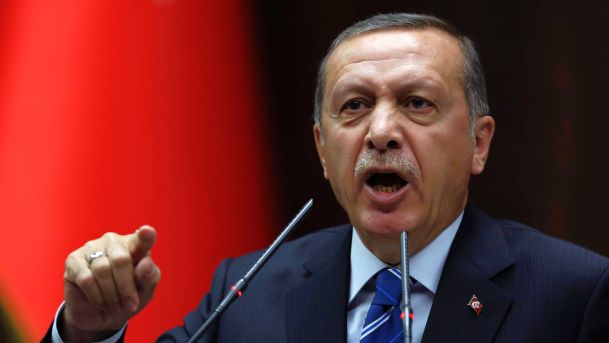Countries from the so-called “D-8” group of developing nations should trade with each other in their local currencies, Turkish President Tayyip Erdogan said Friday, to alleviate the forex pressure inherent in dollar-based trade.
“If we are to use local currencies for trade within the D-8, our currencies will be rid of the pressures from foreign exchange and the dollar,” Erdogan told a summit of the eight developing nations, which is being held in Istanbul.

“When we trade with our national and local currencies, our countries will benefit from this,” he said.
The D-8 Organisation for Economic Cooperation includes Bangladesh, Egypt, Indonesia, Iran, Malaysia, Nigeria, Pakistan, and Turkey.
Turkey and Iran’s central banks have already formally agreed to trade in their local currencies, a move to help reduce the cost of currency conversion and transfer for traders.
Such agreements also help Iran’s efforts to avoid unilateral U.S. sanctions, which remain intact despite the lifting of international financial sanctions on Tehran last year. U.S. banks are still forbidden to do business with Iran.
European lenders also face major problems, notably with rules prohibiting transactions with Iran in dollars – the world’s main business currency – from being processed through the U.S. financial system.
Erdogan has been on a push to increase local-currency trade to avoid further weakness in the lira currency. The lira has weakened about 4 percent against the dollar this year, after double-digit declines in the previous two years.








